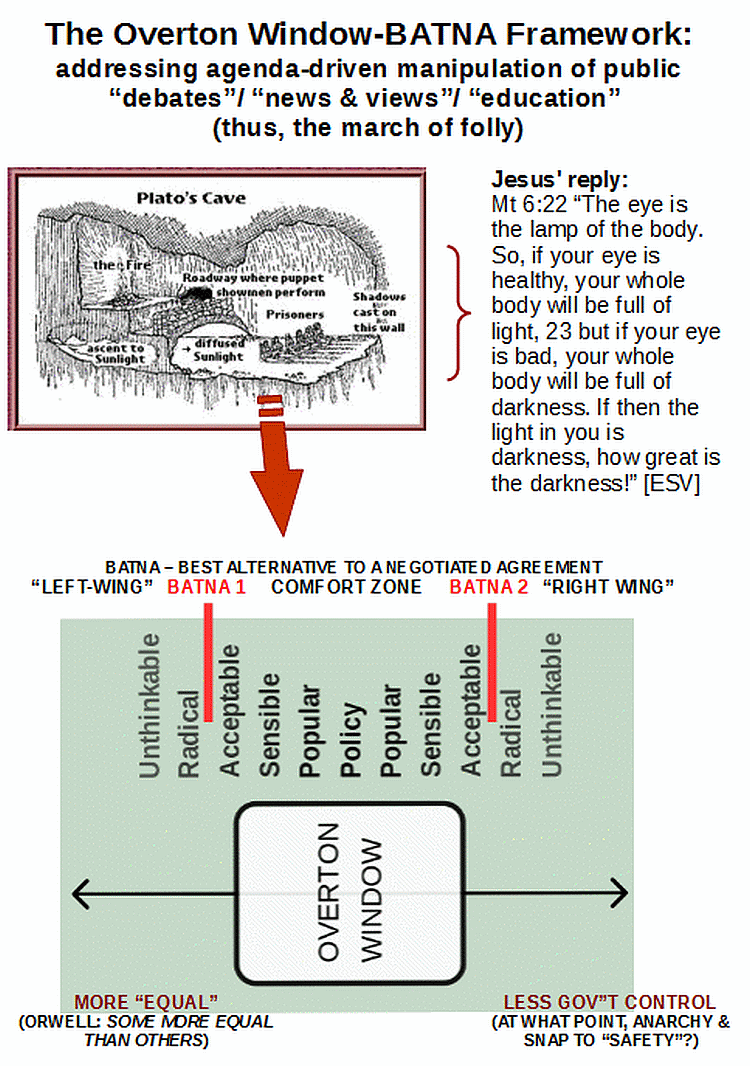Ran across this clip at Christian Post:
Atheist author and evolutionary biologist Richard Dawkins says the best argument for God he’s ever hard has to do with a deistic God as the fine-tuner of the universe . . . .
Dawkins prefaced his answer by making it clear that he is not “in any sense admitting that there is a good argument,” and insisted that “there is no decent argument for the existence of deities.” . . . .
“It’s still a very, very bad argument, but it’s the best one going,” he added, noting that a major problem with the argument is that it leaves unexplained where the fine tuner came from.
As for evolution, however, he said there is simply no argument at all that he can consider.
“There are reasons why people don’t get it, such as the time scale involved is so huge. People find it difficult to grasp how long a time has been available for the changes that are talked about,” the evolutionary biologist asserted . . .
What do we think, why? END
PS: Kindly cf the discussion below, and particularly 24 (also 42) and 64. What we see here is a rhetorical attempt to push ethical theism beyond the BATNA windows of the conventional wisdom on what is acceptable thinking by posing on confident manner as a celebrity intellectual (without having to account for the — on fair comment — puerile, strawmannish character of his own anti-theistical arguments):
